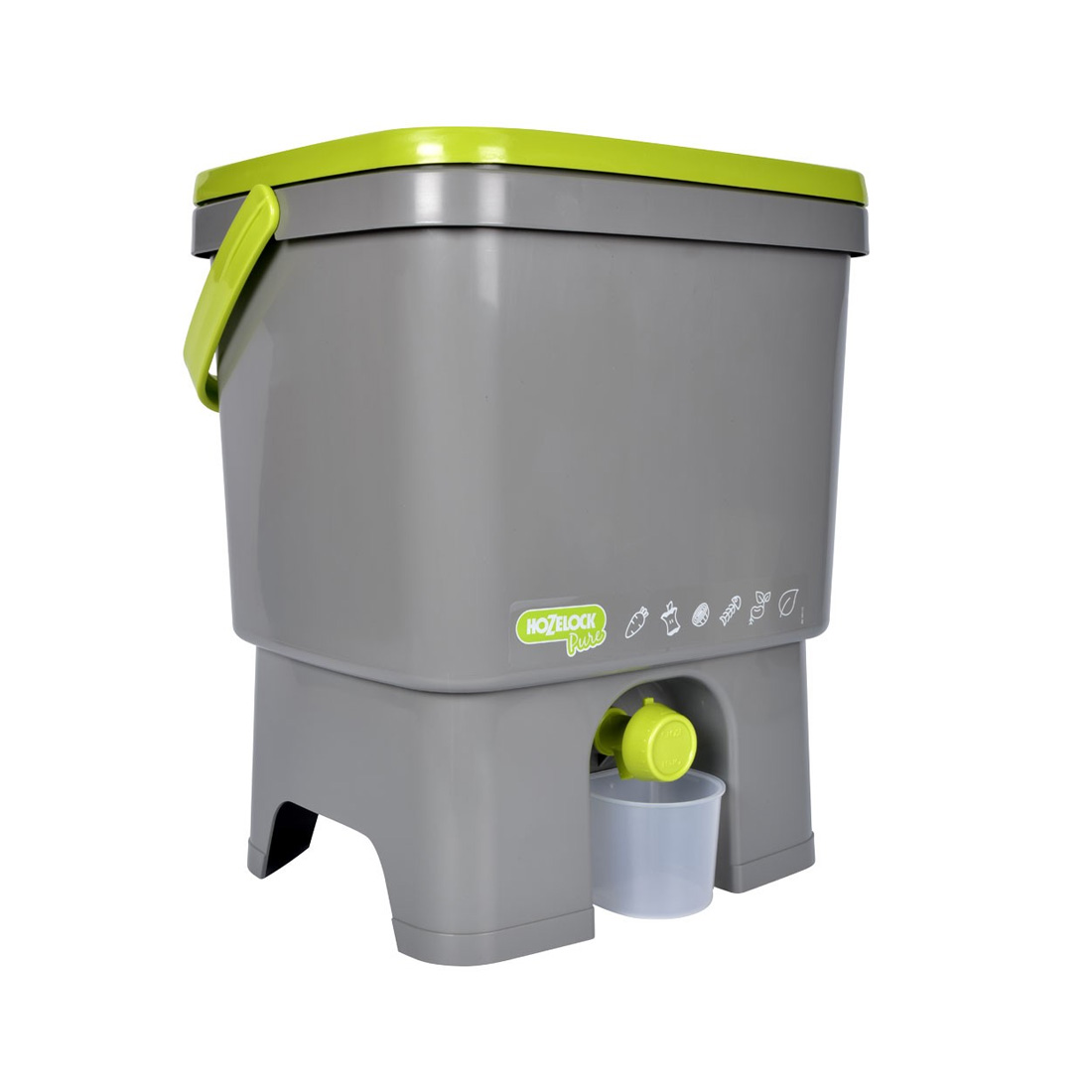
Introduction: Compost is a valuable natural product used to enrich soil and nourish gardens. It is a sustainable and environmentally friendly way to convert organic waste into nutritious soil. In this text, we will discuss the benefits of compost, how it is made, and why it is an essential part of sustainable gardening.
Benefits of Compost: Compost offers numerous advantages for gardens and overall plant health. Some key benefits include:
Soil Fertility: Compost adds organic matter and nutrients to the soil, increasing fertility. It improves soil structure, water retention, and aeration, allowing plants to grow better and absorb nutrients more efficiently.
Nutrient Enrichment: Compost supplies essential nutrients to the soil, such as nitrogen, phosphorus, and potassium, along with micronutrients. These nutrients are crucial for healthy plant growth and help prevent nutrient deficiencies.
Water Retention and Drainage: Compost enhances the soil's water retention capacity, efficiently holding water for plants' use. Simultaneously, it improves drainage, preventing waterlogging and excess water runoff.
Soil Health: Adding compost stimulates soil biodiversity. It promotes soil organisms like worms and microorganisms that aid in breaking down organic matter and releasing nutrients for plants.
The Composting Process: Compost is produced through the composting process, where organic materials are broken down and transformed into stable compost. The process begins with collecting organic waste, such as food scraps, leaves, grass clippings, and pruning debris. This material is then placed in a compost pile, bin, or tumbler. By maintaining the right balance between carbon-rich (brown) and nitrogen-rich (green) materials, along with moisture and aeration, the conditions for decomposition are created. Over several months to a year, organic materials undergo decomposition, with bacteria, fungi, and other microorganisms converting the material into compost.
Sustainable Gardening with Compost: Compost is an integral part of sustainable gardening. By using compost, we reduce reliance on chemical fertilizers and minimize our environmental impact. Recycling organic waste into compost also helps reduce the amount of waste going to landfills.
When gardening with compost, it's important to apply it correctly. Mix compost into the top layer of soil to distribute nutrients and improve soil structure. Use it as mulch around plants to retain soil moisture and suppress weed growth. Additionally, compost can be used to make compost tea, a liquid fertilizer that can be applied directly to plants.
Conclusion: Compost is a valuable and natural product that increases soil fertility, supplements nutrients, improves water retention, and enhances overall plant health. By making and using compost, we contribute to sustainable gardening and reduce our reliance on chemical fertilizers. Start composting and witness its positive impact on your garden. Contact a professional supplier to obtain high-quality compost or to learn more about the composting process.
If you couldn't find what you were looking for or have questions about any of our products, don't hesitate to send an email to info@nexaparts.com. We are available on weekdays between 08:30 and 17:00.
Didn't find the right Compost?
Fill in the form below, and we'll assist you further!
Curious about our blog? Check out all our items here!
Contact us here